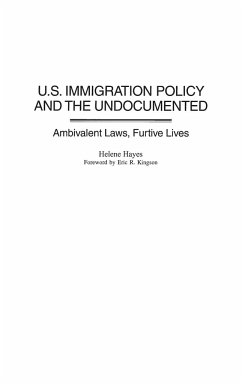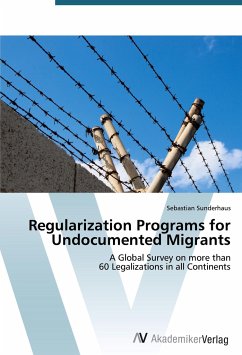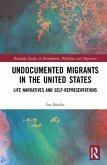Hayes analyzes the situation of undocumented immigrants in the U.S. and what happens to them in the aftermath of implementation of two key provisions of the 1986 Immigration Reform and Control Act (IRCA) legalization and employer sanctions. Referred to by legislators as a generous and compassionate bill that would legalize much of the undocumented population in our midst, it resulted instead in placing a highly vulnerable silent subclass in deeper jeopardy. Hayes traces the history of undocumented immigration, Congressional debate and implementation of IRCA and provides direct access to the faces of the undocumented through original empirical research on the social and economic impact of IRCA on specific groups of undocumented Haitian, Irish, and Salvadoran immigrants. The general theme is America's ambivalence towards its historic lifeline, new immigrants whether legal or undocumented, and how the two central provisions of IRCA uniquely embodied within the same piece of legislation contradictory and ambivalent attitudes toward immigrants which became the seeds of its implementation difficulties. Hayes looks at the issue of undocumented immigration from a legislative, policy, human rights, and implementation perspective, but she also points beyond national strategies to push factors emanating from the home countries of the undocumented and makes the case that undocumented immigration is a global social problem that needs global solutions. The book is of particular interest to policy makers, scholars, and other researchers and students involved with social policy and welfare, immigration law, and ethnic studies.
Hinweis: Dieser Artikel kann nur an eine deutsche Lieferadresse ausgeliefert werden.
Hinweis: Dieser Artikel kann nur an eine deutsche Lieferadresse ausgeliefert werden.








